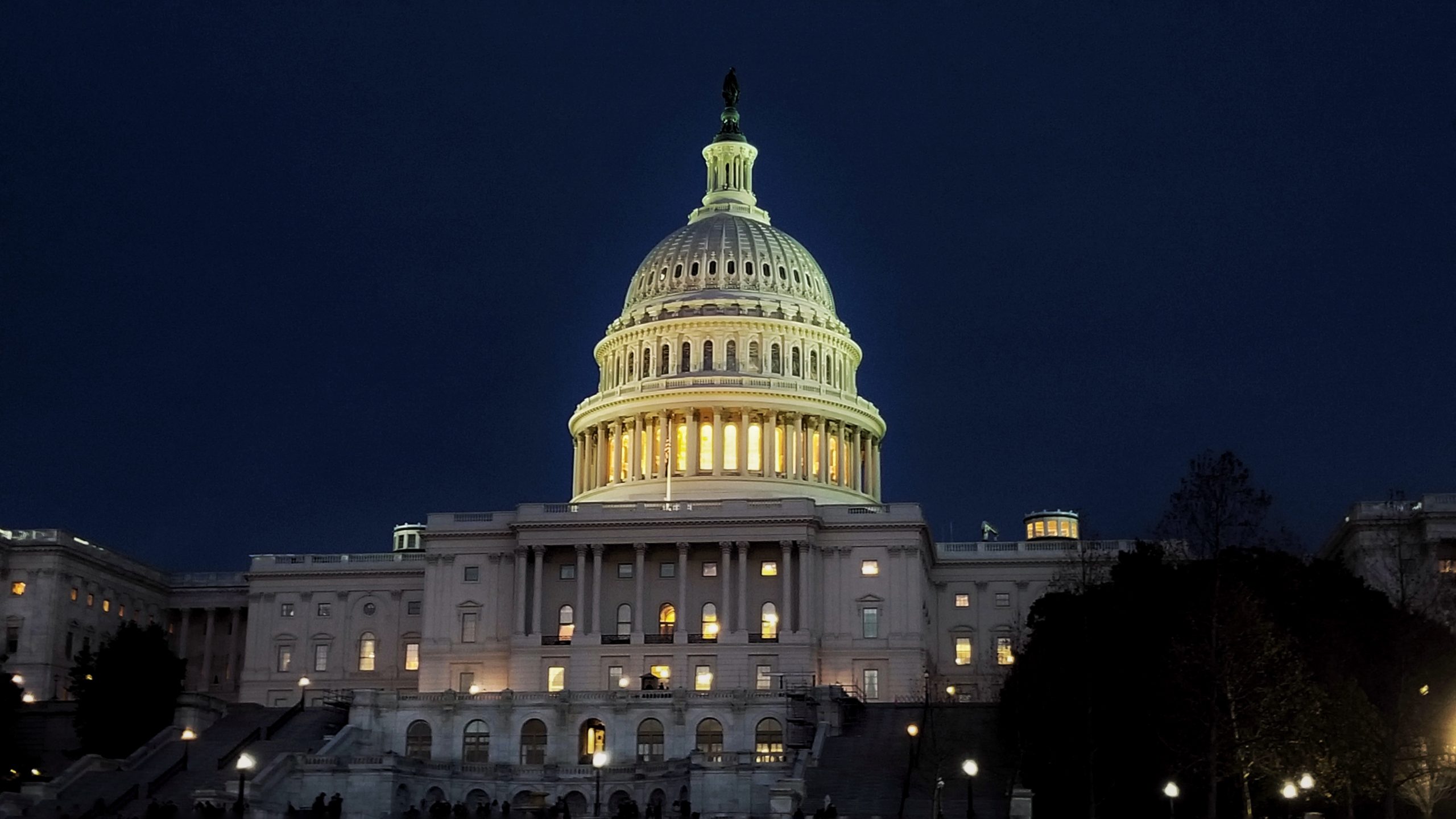
The three days and 15 votes on the House Speakership for Rep. Kevin McCarthy (R-Calif.) earlier this month was a political humiliation for the longtime Republican leader. He tried both carrot and stick to get enough of about 20 defecting colleagues to back his bid despite holding a party majority after the 2022 election. In
Tags:
You Might also Like
Premier Digital Partners
© 2023 Delaware Business Times

The three days and 15 votes on the House Speakership for Rep. Kevin McCarthy (R-Calif.) earlier this month was a political humiliation for the longtime Republican leader.
He tried both carrot and stick to get enough of about 20 defecting colleagues to back his bid despite holding a party majority after the 2022 election. In the end, he capitulated to several of their most consequential demands, not the least of which is the motion to vacate, a procedural move that calls a vote to remove the Speaker of the House.

Editor
Delaware Business Times
McCarthy agreed to lower the threshold to a single member, while former Democratic Speaker Nancy Pelosi required a majority vote from an entire caucus or conference to move it to the floor. The concession means that McCarthy will likely have to kowtow to priorities of the hard-right House Freedom Caucus or face votes to remove him from office. Even failed such votes would be a political embarrassment.
“He will have to live the entirety of his speakership in a straitjacket constructed by the rules that we’re working on now,” Rep. Matt Gaetz (R-Fla.), a ringleader of McCarthy’s Republican adversaries, told reporters after the final confirmation vote.
McCarthy’s win was the most protracted election over a House leader since 1859 – a pre-Civil War time when slavery still existed, flush toilets didn’t, and we only had 33 states. Through the Civil War, two world wars, a Great Depression, and more, elected representatives were able to select leadership without such a spectacle.
It likely is only a harbinger for the future.
House Republicans won a 222-seat majority in the midterms, which leaves them with only about six seats to govern without securing bipartisan support – a thought that has nearly become fantasy in today’s political reality.
With the House Freedom Caucus holding about 50 hard-right representatives, and about 20 of them willing to defy the will of the chamber’s chosen leader, the math gets problematic fast. McCarthy’s hold on his party is tenuous at best, and one of the issues that the Freedom Caucus members have been most vocal about is federal spending.
Granted, the nation’s growing debt is a topic of concern. As of the end of the third quarter of 2022, the total U.S. debt was more than $30 trillion while gross domestic product was less than $26 trillion. Spending through Democratic and Republican administrations has risen unfettered for more than 20 years, with the national debt now about 500% larger than when Bill Clinton was president.
As our population ages, output will fall unless the nation can address its immigration issues, potentially leading to future challenges in paying current and future debts.
What’s particularly troublesome about some Republicans’ discussion on federal spending, however, is their alleged willingness to let the nation’s debt limit default before raising the ability to borrow more money. It’s a scenario that plays out procedurally in many years as the federal government authorizes the issuing of new debt to finance routine and new spending.
In 2011, House Republicans came the closest to a default in history as they pushed a package of spending reforms upon President Barack Obama. Republicans may now be prepared to do the same thing as soon as this summer, when economists predict the nation’s credit limit will be exhausted.
While it may seem beneficial to hold big government’s feet to the fire to reduce spending, reformists should keep in mind what ramifications even a few days of a default could have. Military wages and Social Security checks may be frozen as federal funds run dry. Ratings agencies would likely downgrade American debt in international markets, making it harder to obtain favorable rates in the future as investors assess whether the nation will have the ability to repay.
As University of Delaware economics professor Jim Butkiewicz recently told me, “An awful lot of our debt is held internationally, and people expect those interest payments to be paid on time.”
“[A debt limit default] is a very serious concern, and I think it’s foolish to play chicken,” added the macroeconomist who has long studied the intersection of economics and public policy. “Whether we address the national debt and spending are legitimate issues, but there may be better ways to address them than to fight over the debt limit.”
While many people may incorrectly believe that China or another foreign nation has a hold over U.S. policy through the investment in our Treasury bonds, the reality is that foreign governments only hold about a third of all public national debt. The remainder is held by state governments, mutual funds, insurance companies, pension funds, banks, and even your grandmother who may still have some paper savings bonds laying around – meaning all of us would be affected in such a scenario.
It’s naïve to think a default would affect only international debt holders and reckless to believe that holding that threat is the most effective form of negotiation, yet I fear that we are in for just such a game of brinkmanship this summer due to a few rogue actors.
